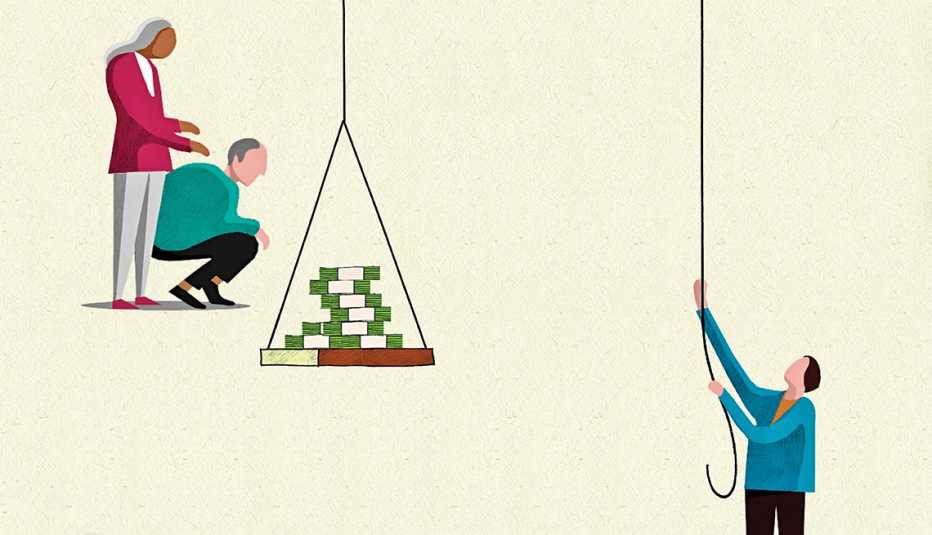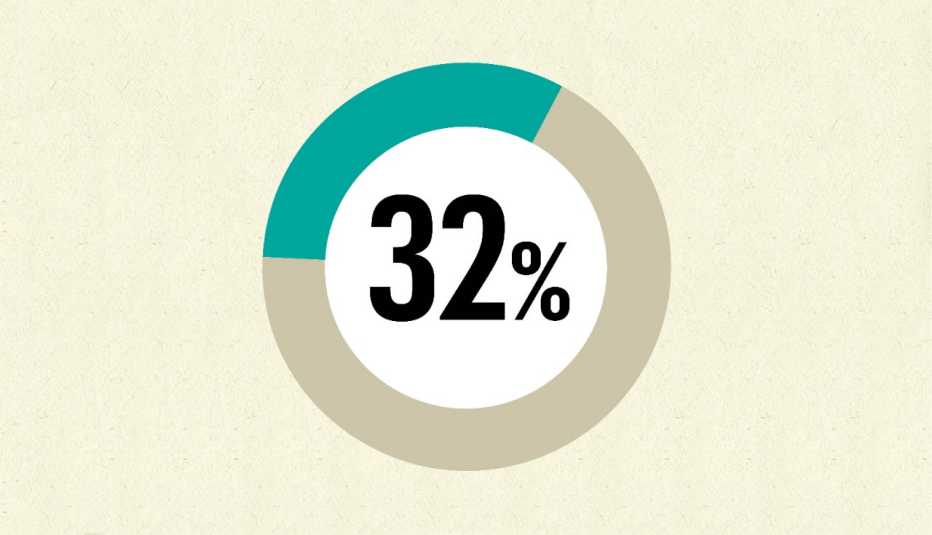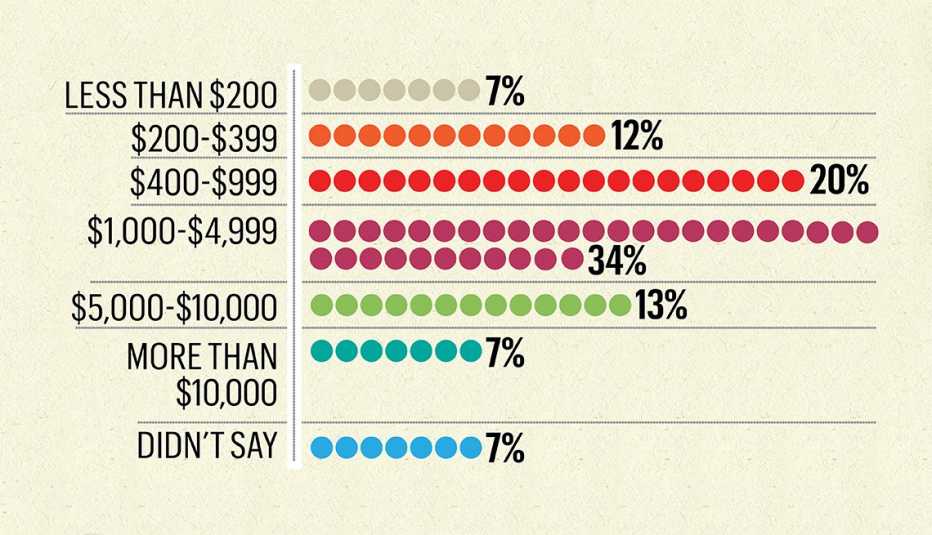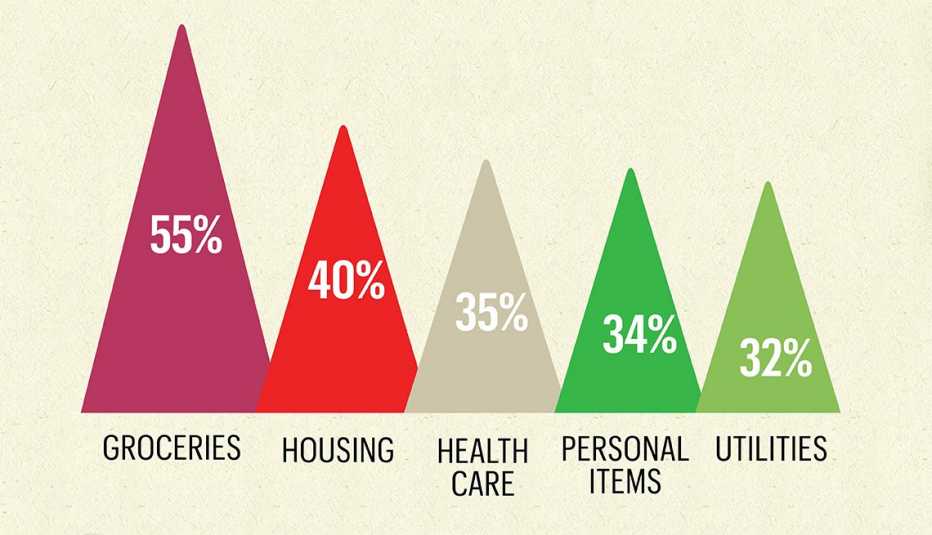AARP Hearing Center


Amid constant media coverage of financial support that Americans are providing their adult children, it’s easy to overlook that millions of middle-aged Americans are giving money to their parents. A new AARP Research survey of adults ages 40 to 64 shows how widespread— and stressful—that assistance can be.
My parents had always been meticulous savers. On two modest salaries, they managed to buy a house, put their three girls through college and sock away a decent-sized retirement fund.
But after they retired, they did something completely uncharacteristic, if well-meaning: They invested almost all their savings in my youngest sister's new business, a children's day care center. By the time it closed its doors for good a year later, about three years ago, my parents had lost everything.
At first my father was able to pay their mortgage with his pension from the retail store chain where he had worked as a manager for 30 years (my mom had been in human resources). Both in their 70s, they received Social Security as well, yet despite living frugally, their debts began to pile up, and the bank threatened to foreclose on the house they had lived in for decades.
My youngest sister was saddled with heavy debt herself, from the business. My middle sister is a school nurse (enough said) with three kids and a husband who is perpetually unemployed. That left me. My husband is a film editor, and I'm a writer. We aren't exactly making buckets of cash, but we had always been able to eke out a living and support our daughter.
I was the lone person in the family with decent credit, so when my parents were forced to sell their home, I borrowed $50,000 for a down payment and bought them a smaller house. My husband said it was the right thing to do. Signing the loan agreement, though, made me nauseous.
When I bought the house, my father said he would pay the mortgage from his pension. Of course, I still had to pay back the down payment. Dad positioned their new house as an investment that would be repaid to me when they were gone.
It turned out, however, that my parents were still so broke that they, in fact, couldn't pay the mortgage. So for the first year, I duly wrote the checks. I'll just work harder, I thought. It's only money. I can make more. I started cranking out articles seven days a week. I had my own mortgage to pay, along with child care and hefty health insurance premiums (as freelancers, my husband and I are on our own).
Then, one afternoon, my father phoned. Their car died, he told me, as a knot formed in my stomach. There was virtually no public transportation where they lived, nor any ride-hailing services. My husband and I, after some debate, decided to give them our car, which we'd paid for in cash, and lease another one. What could I do? They had to get around.
Going broke
When I recall that period, I always think of the line in Hemingway's The Sun Also Rises when a character is asked how he went broke: “Two ways,” he said. “Gradually and then suddenly.” That's what happened to us. Now that we had car payments to make as well, I started paying other bills with credit cards. I began to wake up every night at 3 a.m., ruminating about my finances for hours. My hair fell out in chunks. But I kept my worry from my parents because I was afraid it would affect their health, which, particularly for my dad, was starting to decline.






































































More on money
3 Steps to Get out of Debt
How to get control of what you oweDon’t Trust These Money Myths
Experts expose the illogical thinking behind some saving strategies